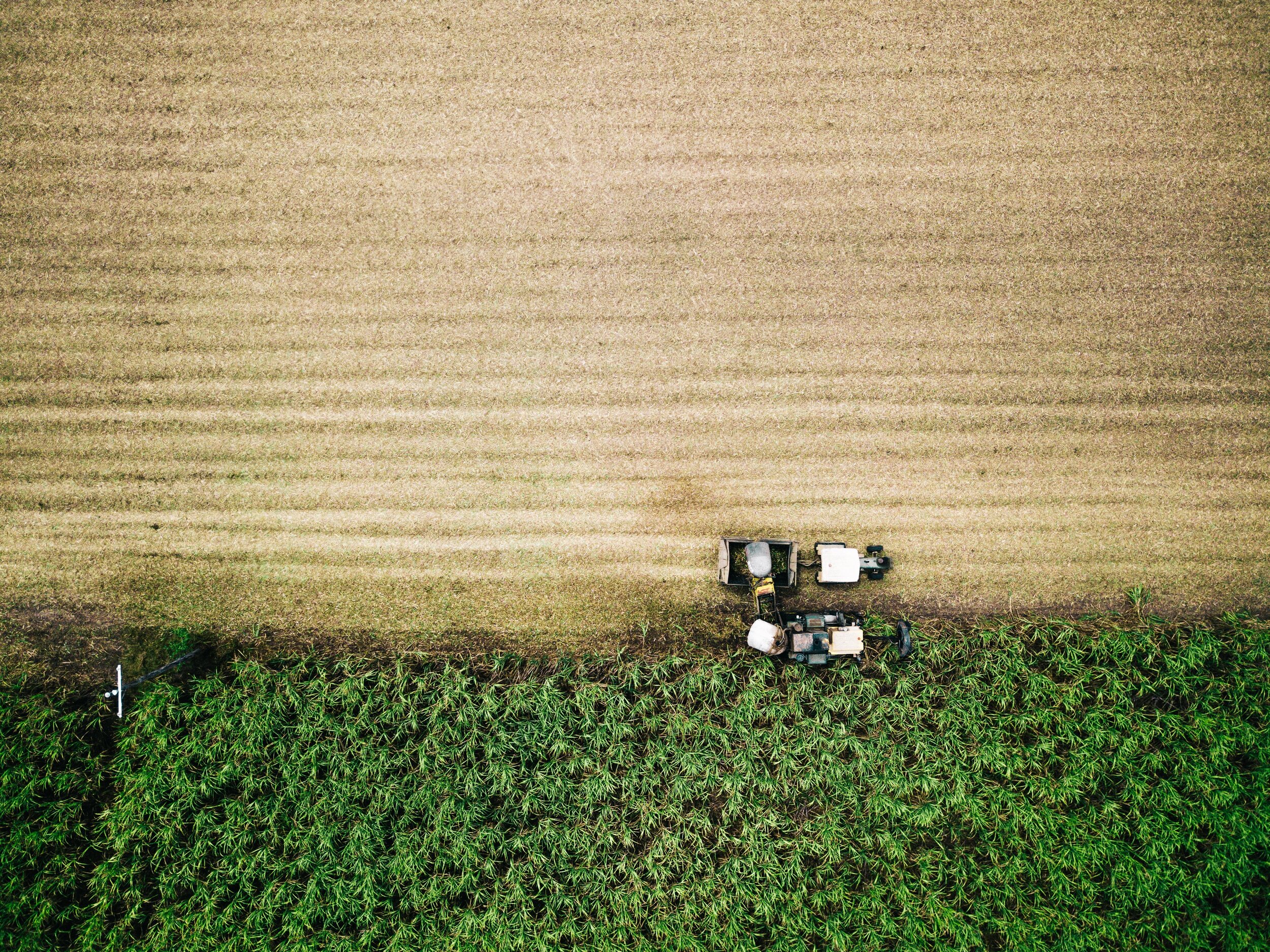Green is the new black: how bio-futures is powering the region’s economy
Like our home-grown heroes who’ve built new businesses by combining their professional strengths with new technologies, part of our region’s economic transformation is being powered off the back of our existing capabilities.
This region’s agricultural industry, combined with the local advanced manufacturing sector, world-class research institutions and proximity to some of the world’s largest export markets is laying the groundwork for one of Queensland’s fastest growing industries.
Bio-futures, also referred to as the biotechnology and bioproduct sectors, converts feedstocks which may have been previously destined for landfill into new bio-products such as bio-fuels, nutraceutical products and plastics to name just a few.
The Mackay, Isaac and Whitsunday (MIW) region is home to some of the world’s most energy dense and productive feedstocks such as sugar cane, eucalyptus and manure from intensive livestocking, is in no short supply.
The region’s high winter crop yields, tropical climate and advanced agricultural practices means there is a growing potential for biotechnology businesses to be located in the region and take advantage of the green oil that powers the bio-futures industry.
While the potential is well understood by some in the local community, like any emerging industry, the path isn’t always straightforward. Strong international competition from other markets and an underdeveloped venture capital market makes it difficult for new ventures to find their footing.
That’s why the MIW Biofutures Steering Committee was founded in 2019. Chaired by GW3 and made up of industry representatives from a variety of sectors, the group has a vision to ensure MIW has a large slice of Queensland’s expected $1 billion industry and bring high value jobs to the region.
Bio-products have been produced right here in the MIW region for over 90 years and have already made their mark, generating more than half of Queensland’s total ethanol output and filling supermarkets shelves across the country with hand sanitisers and other sterilisers during the pandemic.
But the MIW Bio-Futures Steering Committee, with the support of the Queensland State Government, decided to back the industry with a move to commercialise more waste streams such as municipal solid waste, manure and other biowastes to increase the industry’s economic potential.
The global trend towards a circular economy has increased consumer demand for bio-products, serving as a catalyst for the biofutures industry
Source: Unsplash
Bioplastics, bio-fuels, bio-foods and nutraceuticals were once fringe items that have now become standard in many developed economies, increasing the incentive for governments and entrepreneurs to act.
On the supply side, a diversity of feedstock combined with cutting-edge bio-technologies can produce new products such as electricity and plastics at a cheaper price, moving our economy toward green manufacturing, decreasing the burden on landfill and attracting high-value jobs.
The Cogeneration Plant in Racecourse already produces 50 per cent of Mackay’s electricity. This not only increases the competitiveness of the region’s bio-future’s industry, it also reduces the region’s environmental footprint, creating a circular economy that produces more products closer to home.
Bio-futures has already caught the attention of governments, researchers and businesses from around the world looking to trial new bioproducts and invest in the region’s biotechnology infrastructure.
The Mackay Biocommodities Pilot Plant near Racecourse is already running programs for international companies looking to commercialise new biotechnologies, while delegations from around the world are scheduling more trips to the region -- once it becomes safe of course.
Until then, while the world explores new ways to produce its goods sustainably and drive its economic recovery, manufacturers from across the country will have their eyes fixed on this region’s bio-futures industry.


